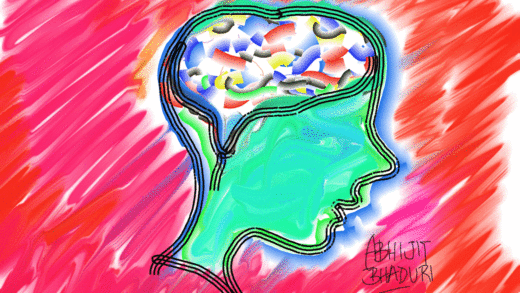Carol Dweck has become the closest thing to an education celebrity because of her work on growth mindset. Her research shows that children who have a growth mindset welcome challenges as opportunities to improve, believing that their abilities can change with focused effort. Kids with fixed mindsets, on the other hand, believe they have a finite amount of talent that can't be altered and shy away from challenges that might reveal their inabilities.
Dweck believes educators flocked to her work because many were tired of drilling kids for high-stakes tests and recognized that student motivation and love for learning was being lost in the process. But Dweck is worried that as her research became more popular, many people oversimplified its message.
In an interview with The Atlantic, Dweck explained to reporter Christine Gross-Loh all the ways she sees growth mindset being misappropriated. She says often teachers and parents aren't willing to take the longer, more difficult path of helping students identify strategies and connect success to those strategies. Instead, her complicated psychological research has gotten boiled down to, "praise the effort, not the outcome." Dweck also explained what she means by a "false" growth mindset:
False growth mindset is saying you have growth mindset when you don't really have it or you don’t really understand [what it is]. It’s also false in the sense that nobody has a growth mindset in everything all the time. Everyone is a mixture of fixed and growth mindsets. You could have a predominant growth mindset in an area but there can still be things that trigger you into a fixed mindset trait. Something really challenging and outside your comfort zone can trigger it, or, if you encounter someone who is much better than you at something you pride yourself on, you can think “Oh, that person has ability, not me.” So I think we all, students and adults, have to look for our fixed-mindset triggers and understand when we are falling into that mindset.
I think a lot of what happened [with false growth mindset among educators] is that instead of taking this long and difficult journey, where you work on understanding your triggers, working with them, and over time being able to stay in a growth mindset more and more, many educators just said, “Oh yeah, I have a growth mindset” because either they know it’s the right mindset to have or they understood it in a way that made it seem easy.
The interview is full of tips for parents and educators, including the differences between young children and older ones.
https://www.theatlantic.com/education/archive/2016/12/how-praise-became-a-consolation-prize/510845/


